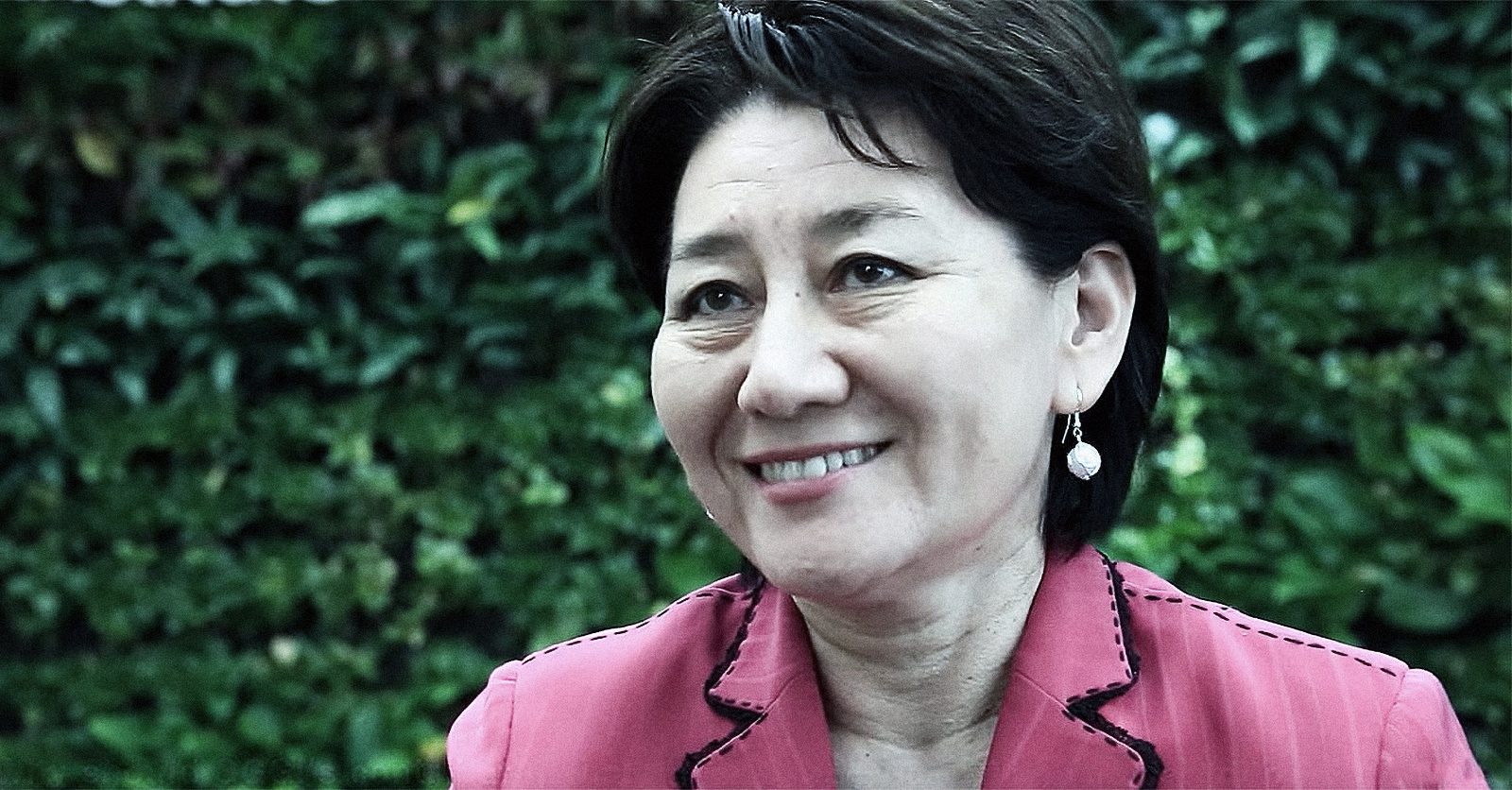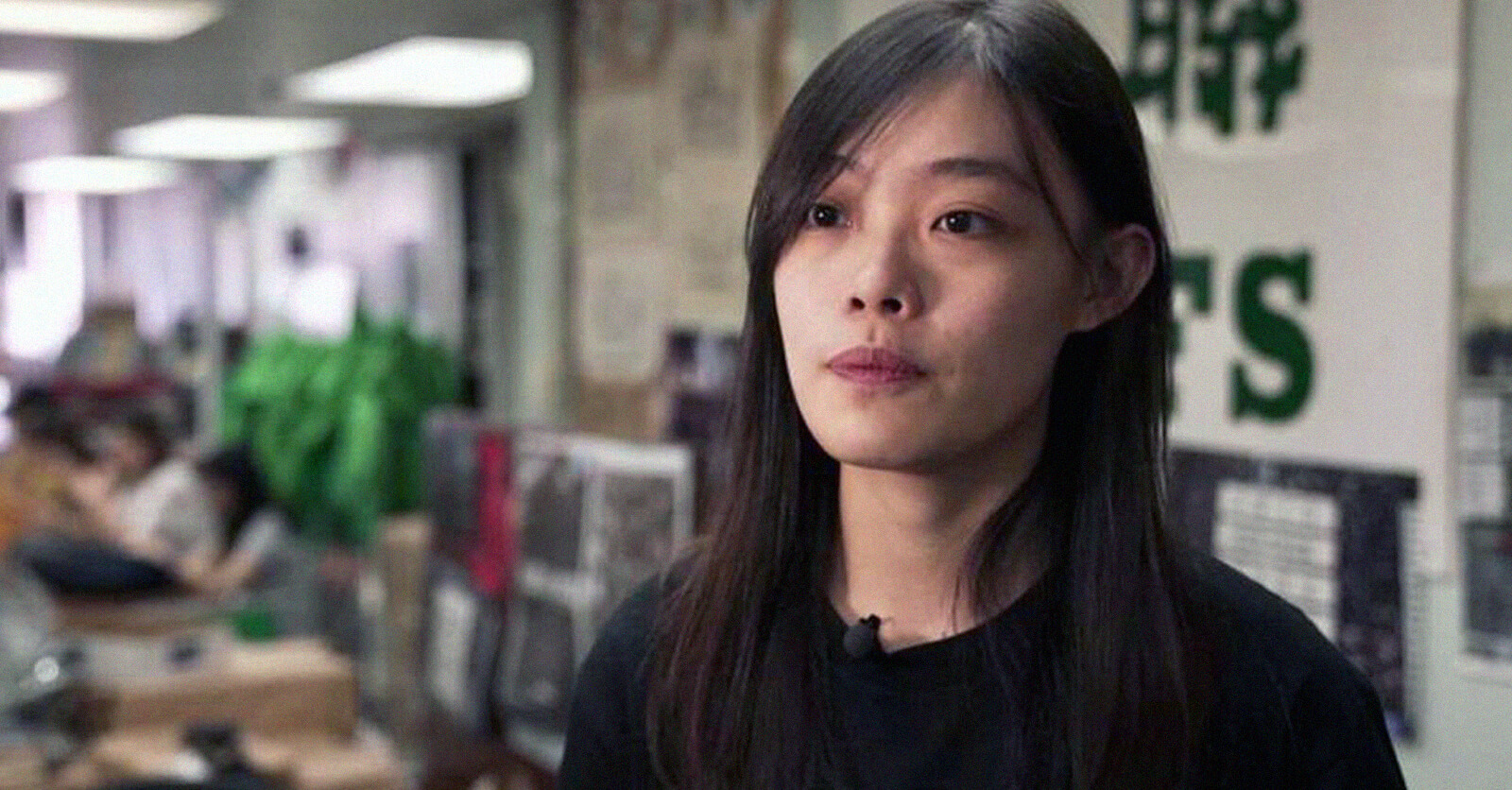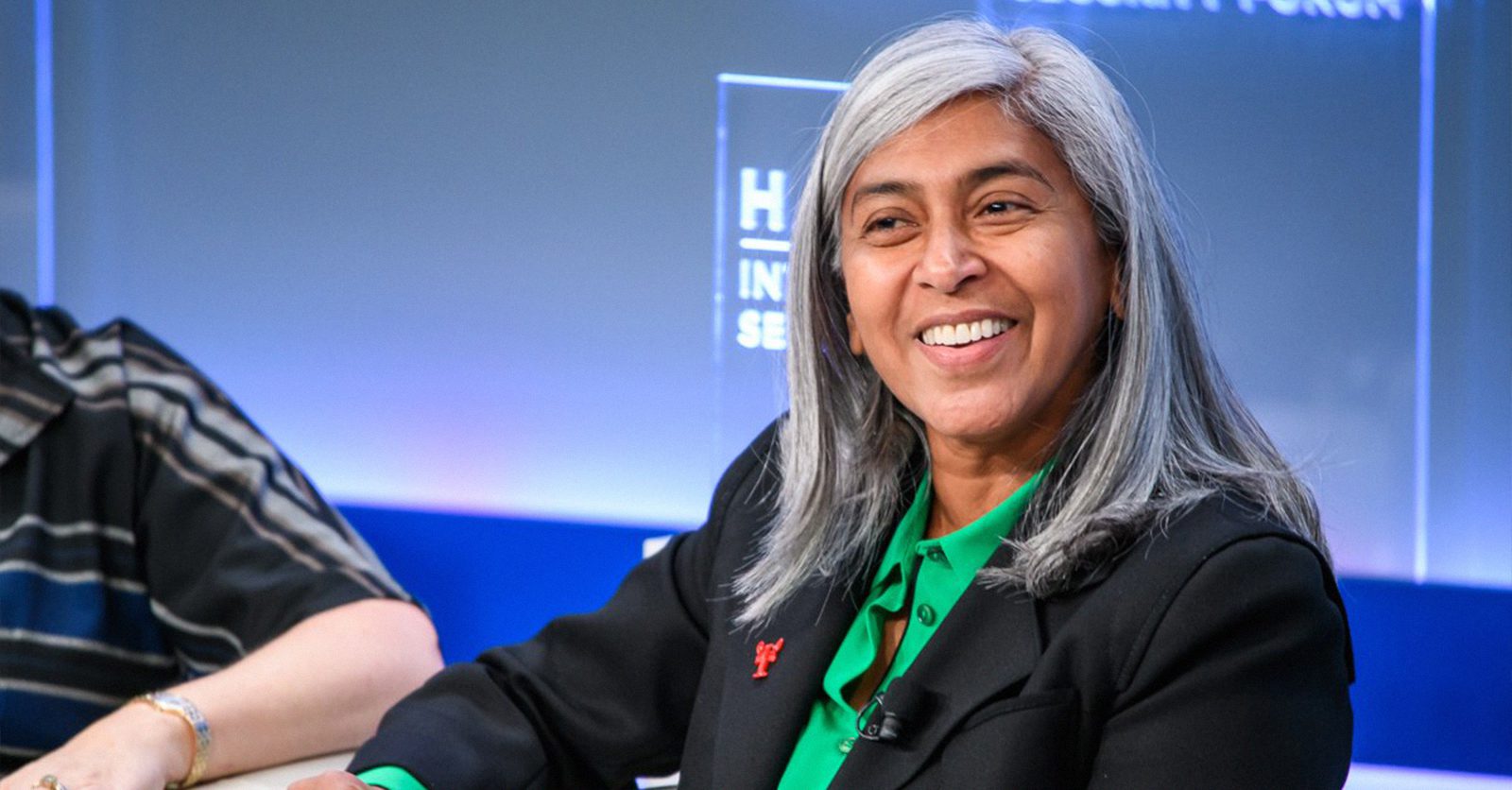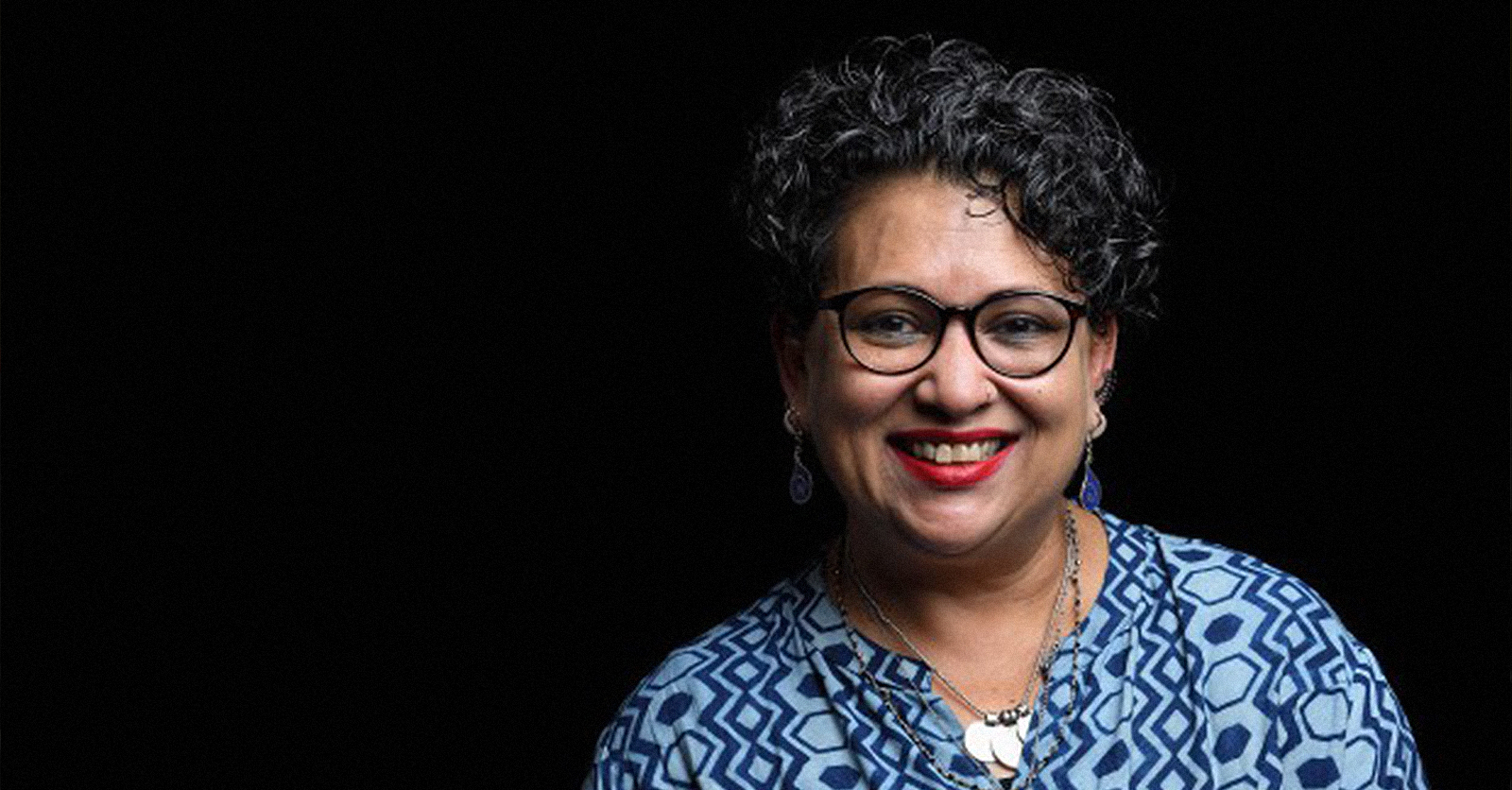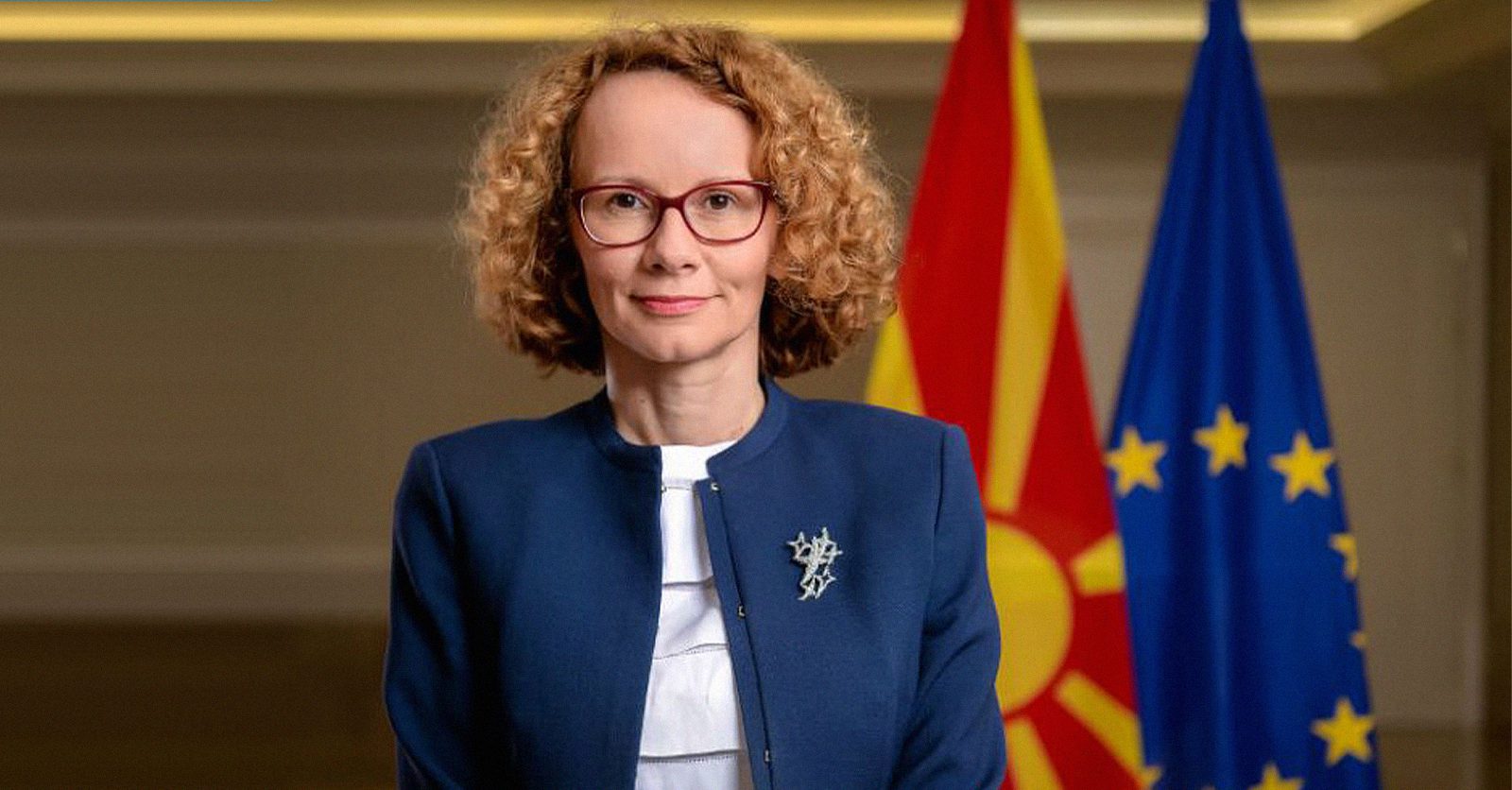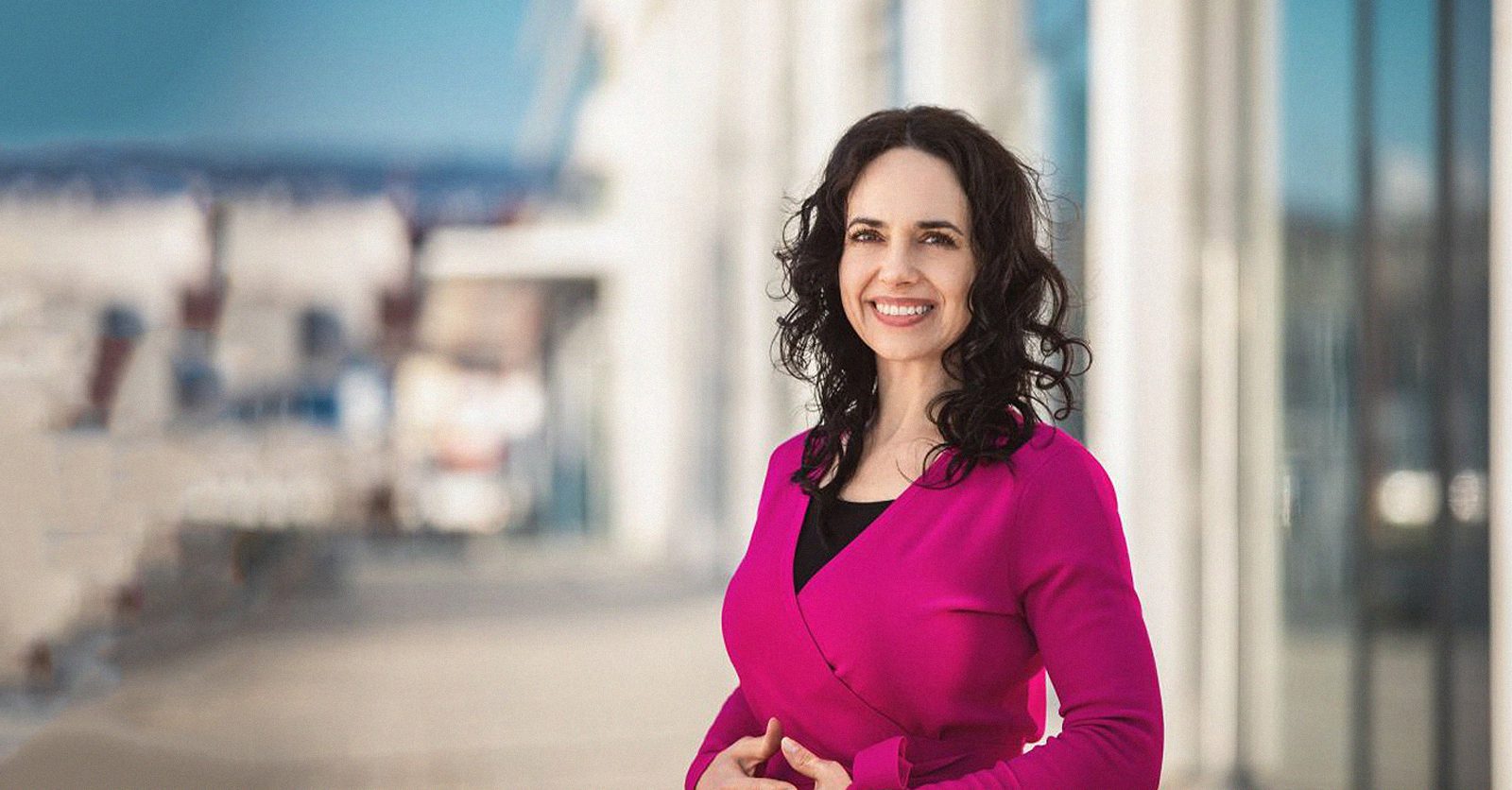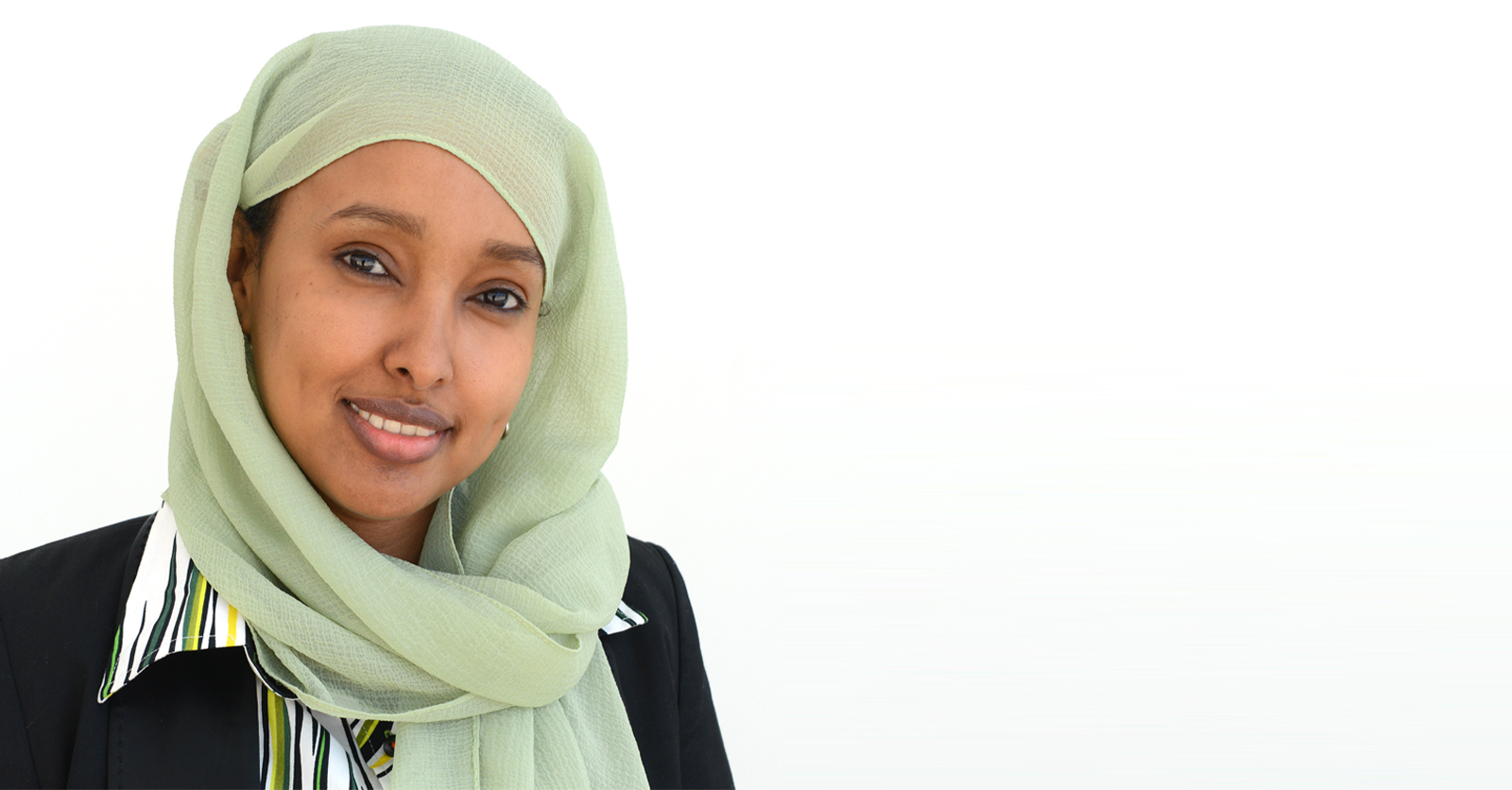Radmila Shekerinska was elected Minister of Defense of the Republic of North Macedonia on May 31, 2017. At the first session of the government on June 5 of the same year, she was elected Deputy Prime Minister responsible for European integration and foreign aid coordination. She is also a four-term Member of the North Macedonian Parliament (1998-2002; 2006-2008; 2008-2011 and 2011-2014). She is the first woman Minister of Defense in her country.
“It was not easy to enter a domain that has been seen as male dominated for quite some time. Fortunately, [as Minister of Defense], this was not my first time being first. I was among the few women in Parliament when the Parliament had only four to five percent women. I was one of the one or two women in my political party in the 1990s, and I was the first woman leader of a major political party. I have struggled with these initial reactions for quite some time,” Shekerinska said in a recent interview.
“Having participated in many battles, I didn’t see the Ministry of Defense as a big hurdle…My goal was to send a message that it is not about me but it is about the fact there are many women who can contribute in the defense sector but are overlooked because this is typically not seen as our line of work. I am proud that my team is predominantly women and that we have increased the number of women heads of department in the Ministry of Defense. All this speaks in favor of the claims that we have lost a lot by overlooking very professional women throughout our country.”
Asked about her tenure as Minister of Defense, Shekerinska points quickly to three specific accomplishments: obtaining NATO membership, addressing internal relations between Macedonians and Albanians, and resolving a long-standing disagreement with Greece. She notes that her party “was elected to lead and to challenge the status quo. This is what we decided to do, to solve these problems. This is why we decided to turn to a different page…In three years, we have made a quantum leap. What we could not do in 30 years, we did in three.”
Yet, when asked about how she sees security, she gives a broad definition: “There were times, maybe 20 or 30 years ago when most of the people connected to security were people in uniforms… but several processes that have been happening in the world … that have reshaped our definition of security. When talking about defense and the security environment, [we have to] take into account a more complex and broader picture, including hybrid threats, information operations, fake news and disinformation that are undermining our institutions. We are discussing how climate change affects the way we operate daily, how it affects disasters, and how efficiently the state can adjust to these challenges.”
In discussing the threat of COVID-19, the global pandemic, she indicates both challenges and successes: “When I go back now to the beginning it was clear that we are entering from one phase to another. Initially, we thought it would disappear within a few weeks. But then in mid-2020, it became clear it was a situation that was going to stay. We moved from a crisis about bare necessities, such as masks and gloves, and moved to [how COVID affected] the functioning of state apparatus, shortages of beds in hospitals. What came after was the economic crisis and it consumed the attention of the government…”
“We have moved through various phases of the pandemic, but it was clear that the recipe for success is how quickly you can adjust and how you can [address both] short- and long-term dangers of the pandemic. We have gone through two elections. We conducted a census which had been missing for 20 years, during the pandemic. We learned bad and good lessons: you can do more and better than you are used to doing. In some ways, it has increased our capacity to adjust and has put pressure on our institutions to work in a more efficient manner.”
Overall, her thinking and planning have changed over the previous few years, “The impact on health care, the trust that citizens have in their government. When we discuss security, we discuss life.”
Shekerinska is also focused on good governance and rebuilding the relationship people have with their government. Besides NATO membership she has been focused on improving and modernizing North Macedonia’s Army. “We have seen that this country really appreciates its Army. We depend on them in times of crisis, but we think about them every day. We have increased their salaries, set a tone on modernization of the Army.”
She has also led efforts to make the government’s work more transparent to its citizens, in particular the work of the Ministry of Defense, which has been ranked as the most transparent institution in the country. When asked about this, Minister Shekerinska replies, “If you are asking citizens for increased defense spending, to contribute to Army resources more, then you have to give citizens an opportunity and the instruments to see if this money is well -spent.”
But Shekerinska also tries to build and maintain relationships outside of government. “As they say, ‘Politics is too important to be left just to politicians.’ I have been active in political life for quite a long time. I always say that political leaders can deliver only if they manage to enlarge the debate and the table and allow for more chairs.” At the Ministry of Defense, “we have kept the dialogue going with women’s groups and civil society. On our issues, this was extremely important, and we are also talking to trade unions and chambers of commerce.”
When asked about women’s leadership and the differences between men and women, Shekerinska is practical, “I was raised to think we are all equal and that there are no differences between us, but my experience has changed my views. I think we should appreciate where we have survived discrimination and were able to confront stereotypes and be proud enough to say that in some of these cases women were much better than men. Giving up on 50 percent of your population is a waste of talent; it is stupid. [Women] do have certain skills that are essential. Having your team being made up of men and women is essential in dealing with crises.”




 go back: about
go back: about
